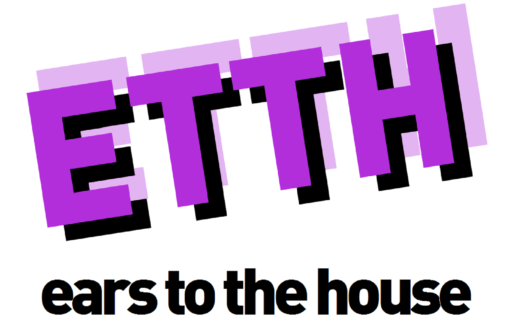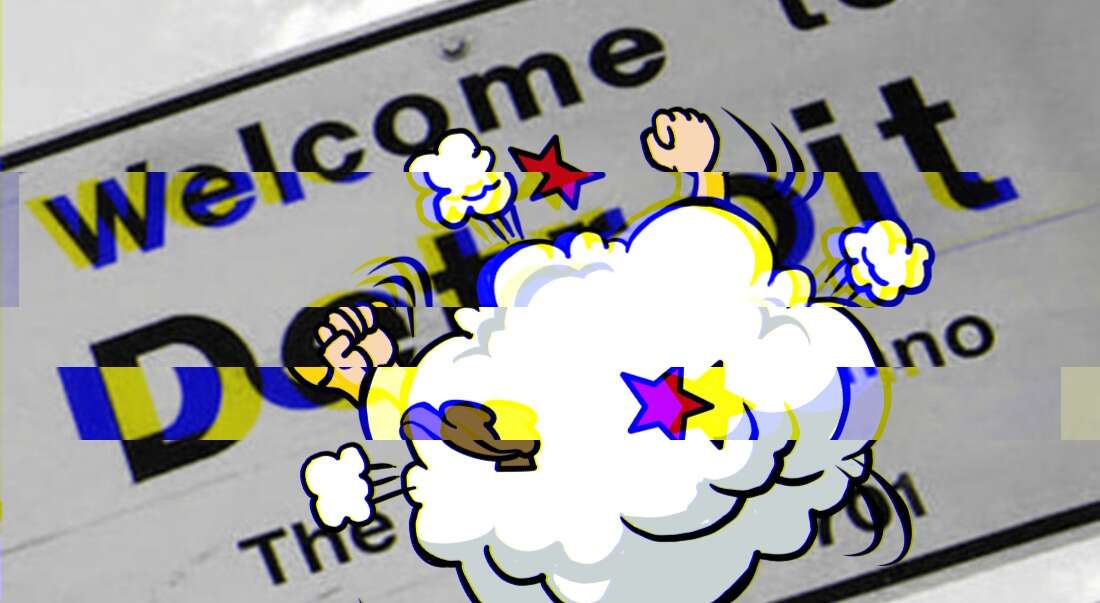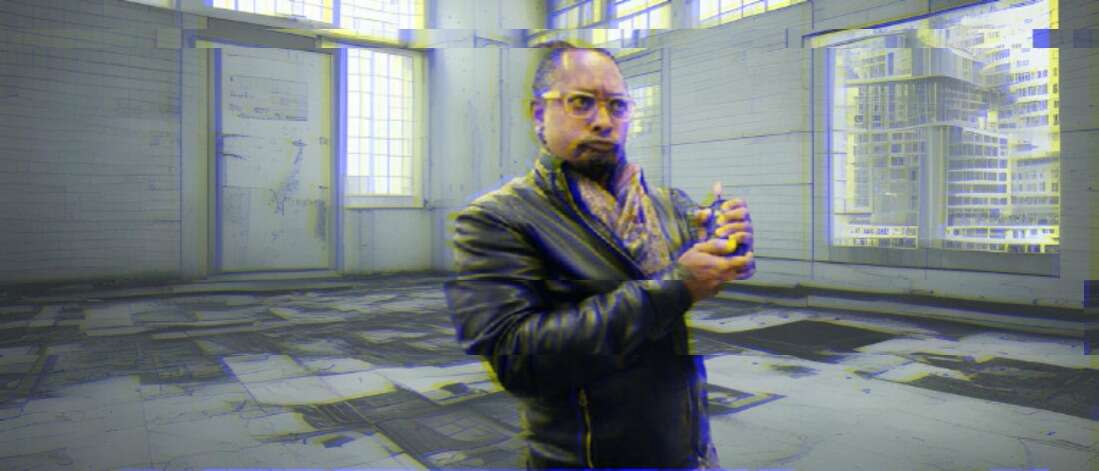How many founding fathers is too many? It depends on who you ask and how widely you define “founding fathers”. For example, historian Richard Morris says that there are seven founding fathers to what’s now known as the United States of America – with others casting the net more widely.
Applying it to house music, the phrase has been most widely applied to Frankie Knuckles – the story of how people used the name “house music” for what he played at The Warehouse in the 1980s is well-known. A quick search on Google reveals the label has also been used for Jesse Saunders, Marshall Jefferson, Lil Louis, and numerous others.
But in the world of Detroit techno? Even in the city themselves, no one seems to know. For many years, the so-called Belleville Three had everyone believe that they were the founders – with Juan Atkins himself even ridiculously claiming to have invented the whole genre of techno.
In recent years, however – thanks partly to certain publications like Ears To The House – this story has been scrutinised like never before. It’s a development that the Belleville Three themselves dislike intensely – and rather than now acknowledging the story to be a partial picture of history, they’ve doubled down. Just like Derrick May did in his recent interview with Audion Media, as covered only yesterday.
This coming Friday night, the latest Detroit Beatdown party will take place. Seemingly unperturbed by questions of the name’s suitability at this time, the crew will head to The Marble Bar for the event – and the hype being used to promote the party is off the scale ridiculous. Just take a look at this blurb being used on Resident Advisor’s listing for the event…
“Detroit architects Mike Clark, Norm Talley, Delano Smith, and Eddie Fowlkes shaped the evolution of disco into house and techno.”
On what possible basis are they making this statement? When the Disco Demolition Night took place in 1979, Mike Clark was 13 years old. Talley was a similar age, Delano Smith was 16, and Eddie Fowlkes was 17. Whilst no one is doubting their respective talents, the idea that they were “shaping the evolution of disco into house and techno” is bizarre.
Most of the blurb – probably realising the above – spends much of its time then concentrating solely on Eddie Fowlkes. He is then flatteringly described as the “founding father of Detroit Techno since 1986” and a “DJ pioneer, quick-mix master, and musical ambassador”.
Now, is Eddie Fowlkes a founding father of Detroit techno? Quite possibly – he’s certainly done more for the genre over the years than many of his peers in the 1980s. Nonetheless, it might be best to keep this information away from Juan Atkins – he gets terribly upset if you dare suggest he wasn’t the only person doing this at the time…





